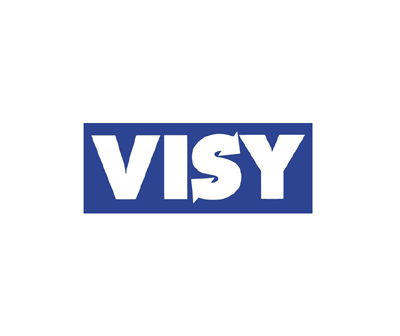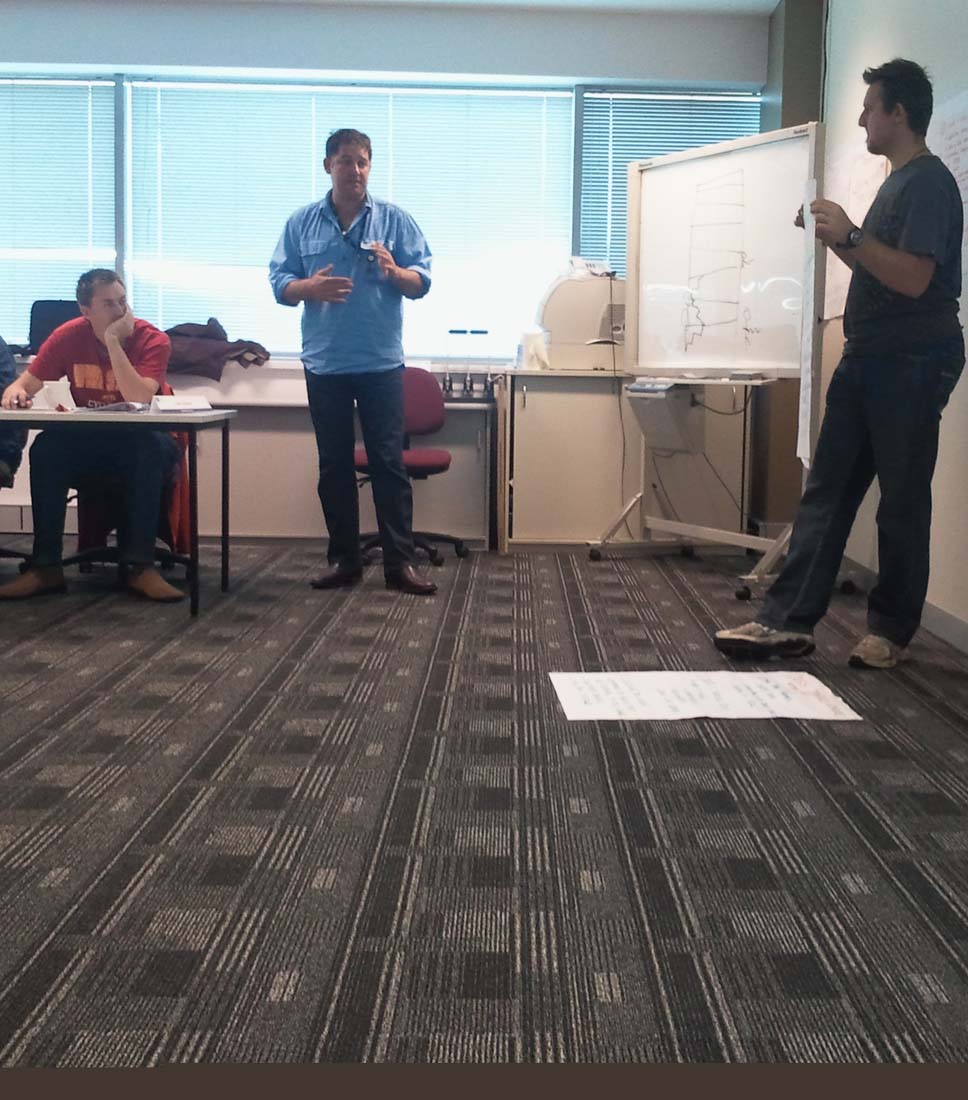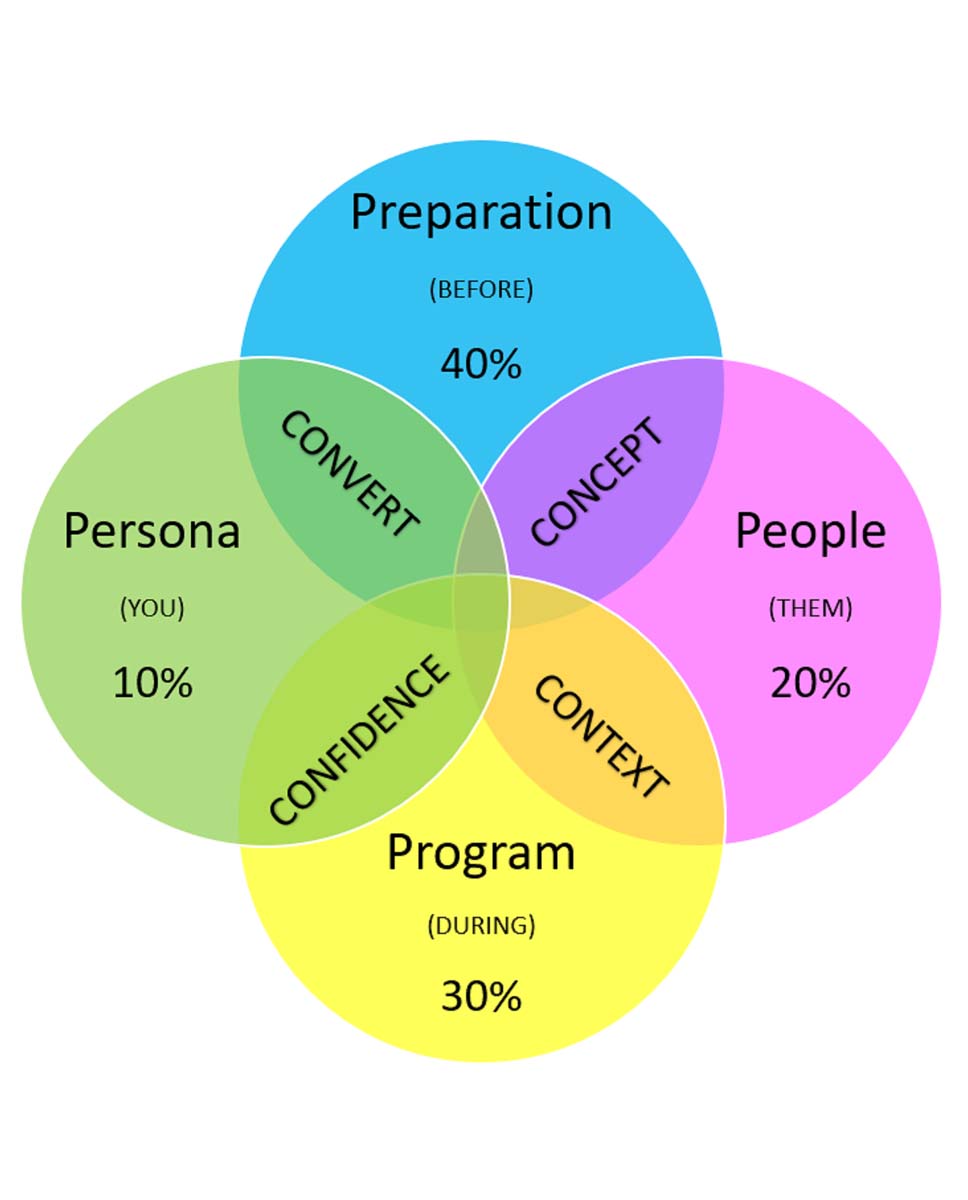Train the Trainer
Training isn't just for trainers. Every day, training is becoming part of more job descriptions, for team leaders, supervisors and managers across the organisation.
Whether it's teaching a new employee what their role is, or training 100 employees on better time management skills, some basic learning principles apply. This course will help participants become the
type of trainer that effectively transfers knowledge, skills and ability. It supports participants in becoming good trainers and develop their skills in many areas, including being good communicators, who are genuine when they are working with others.
Participants of this course will learn to:
Develop the essential skills for a trainer
Master the foundations of adult learning
Develop a training session
Add fun and games to your program
Be familiar with multiple delivery methods
And much more!
David has been recognised as one of Australia’s “Top 10%” Trainers by the Australian Institute of Management, and has a more than 95% feedback rating. He has run more than 1,000 training programs in Australia, New Zealand and South-East Asia. He has helped hundreds of trainers plan, prepare and present their training in engaging, collaborative and innovative ways.


























